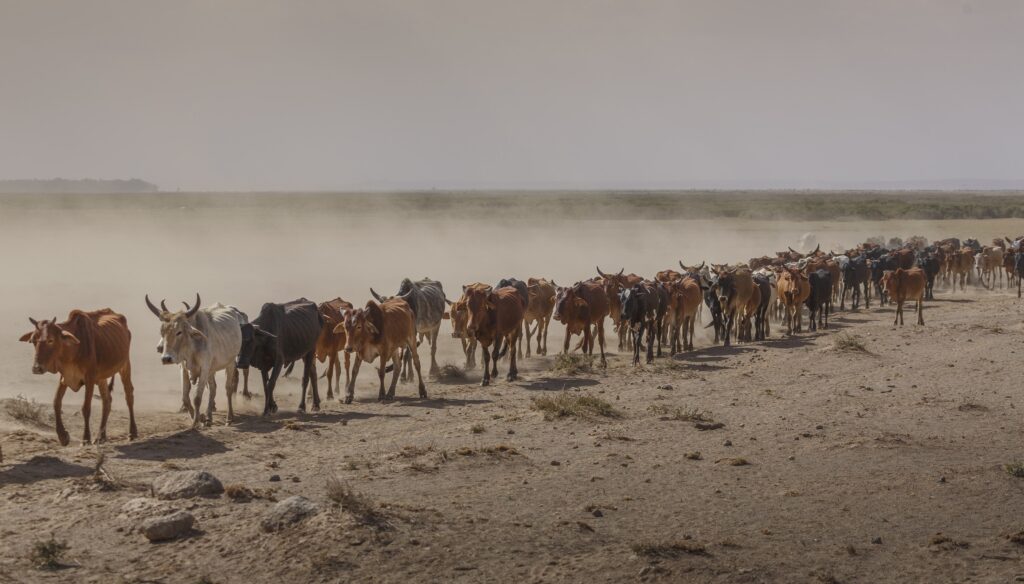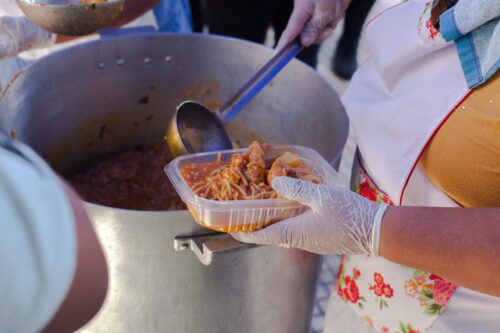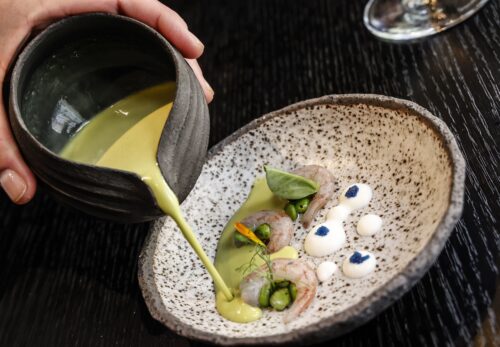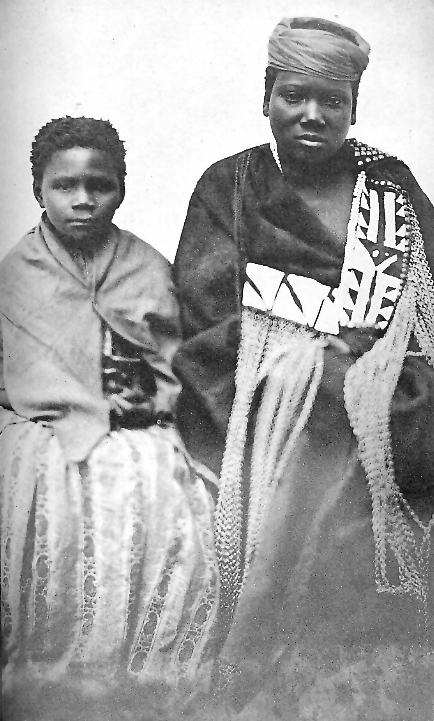An Imagined Monograph for Nongqawuse

according to the news
the 6th of June, 1856,
was a normal day in the cape
the only disturbance was
that the Imperial supply shop
unexpectedly ran out of
sugar so all the tea was
bitter, acrid on the tongue.
the printed letters on folded
pulp said nothing of the thousands
of bovine necks carved into half moons.
nothing of how when the blood
is poisoned you have to
slaughter the whole cow.
the bulletin wrote nothing
of the wailing that pierced the air
like a rancid smell,
the spoiled hide, emptied grain stores
the report said nothing of the prophecy,
the vision of the millions
who were to rise from the sea.
not child but orphan—
yes orphan, also niece of a leader,
not clear if a victim
but definitely a traitor.
Nongqawuse enters the archive
under the weight of shame,
soaked, she shuffles in with
endless rivulets of blood
embedded in her small palms
the written record makes no mention of
her mother, her father, the deaths
she witnessed at the shock
of the breechloader, bullet residue heavy
in the air like rain clouds.
in the hall of history,
she is made juvenile,
invalid, filed between
shelves of wayward women,
witch, illiterate, inconsiderate.
in autumn, jacarandas are
singed to falling petals,
dried purple in red soil
Nongqawuse’s name still cursed
the ridicule follows her to the grave
open mouths remain agape
invisible chains, no redemption
no resurrection, no grains remain.


























